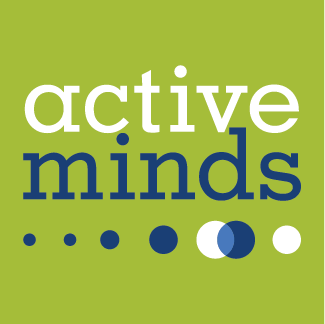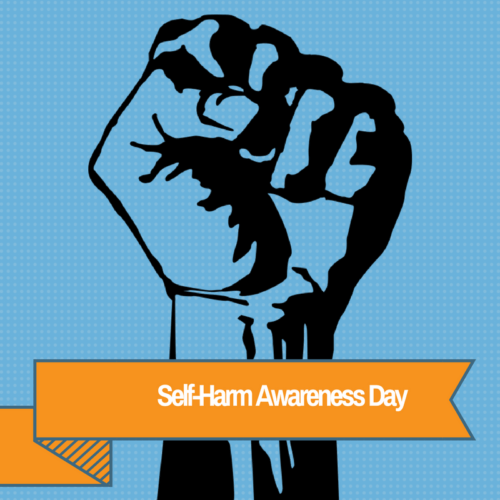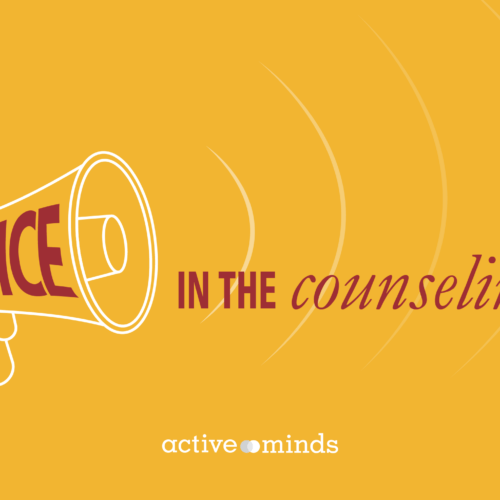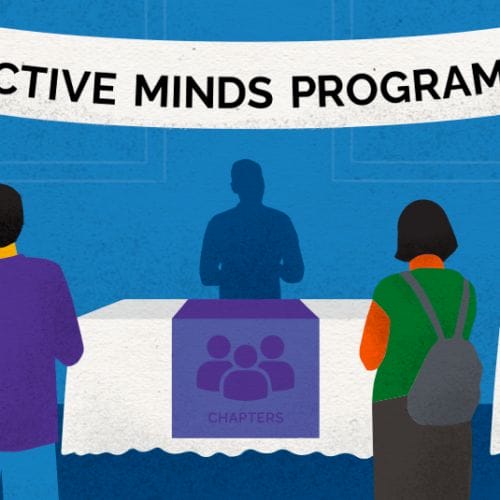Content Warning: This piece contains mentions of self-harm.
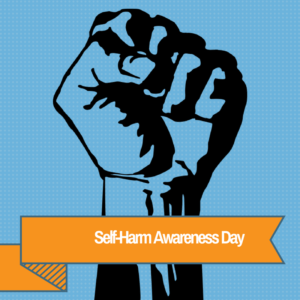
Non-suicidal self-injury (NSSI), otherwise known as self-harm, is not a mental illness in itself, but a sign of a lack of adequate coping skills. It involves behaviors that intentionally harm oneself and is a sign of mental distress.
Here are some common myths and misconceptions about self-harm, debunked:
Only Teenage Girls Do It
Self-harm affects everyone. While it is true that that most individuals begin engaging in self-injurious behavior during their teen and young adult years, self-harm can occur at any stage of life and to anyone.
Self-Harm is Only Cutting
NSSI does include cutting, but it also encompasses behaviors such as: hitting, burning, or biting oneself. Cutting is the most well-known and visible form of self-harm, often portrayed in the media.
People Do It for Attention
A sense of guilt and shame often accompanies self-injurious behavior which can lead to a vicious cycle in which one self-harms, feels shame and guilt, and then self-harms again to deal with that emotional pain. There is a stigma attached to NSSI so people do their best to hide it. Even if someone is engaging in self-harm with the hope someone will notice, this is in an effort to form an emotional connection that conveys the struggle that individual is going through. It is a search for support, not attention.
Self-Harm is a Suicide Attempt
Self-harm, also known as non-suicidal self-injury, is just that–non-suicidal. Self-harm is a means to attempt to feel better, not end one’s life. It’s a method of coping with life so one can continue living through the emotional pain they are experiencing, not escape it through death. However, while self-injury is not a suicide attempt, it may increase the risk of an attempt in the future.
It’s Just Something You Can Outgrow
Self-harm is not a stage one goes through. Some people may engage in self-injury intermittently throughout their lives, stopping and then starting again. Others may do it for several years and then be able to find better coping skills that allow them to stop. There is no predictor for someone stopping NSSI.


